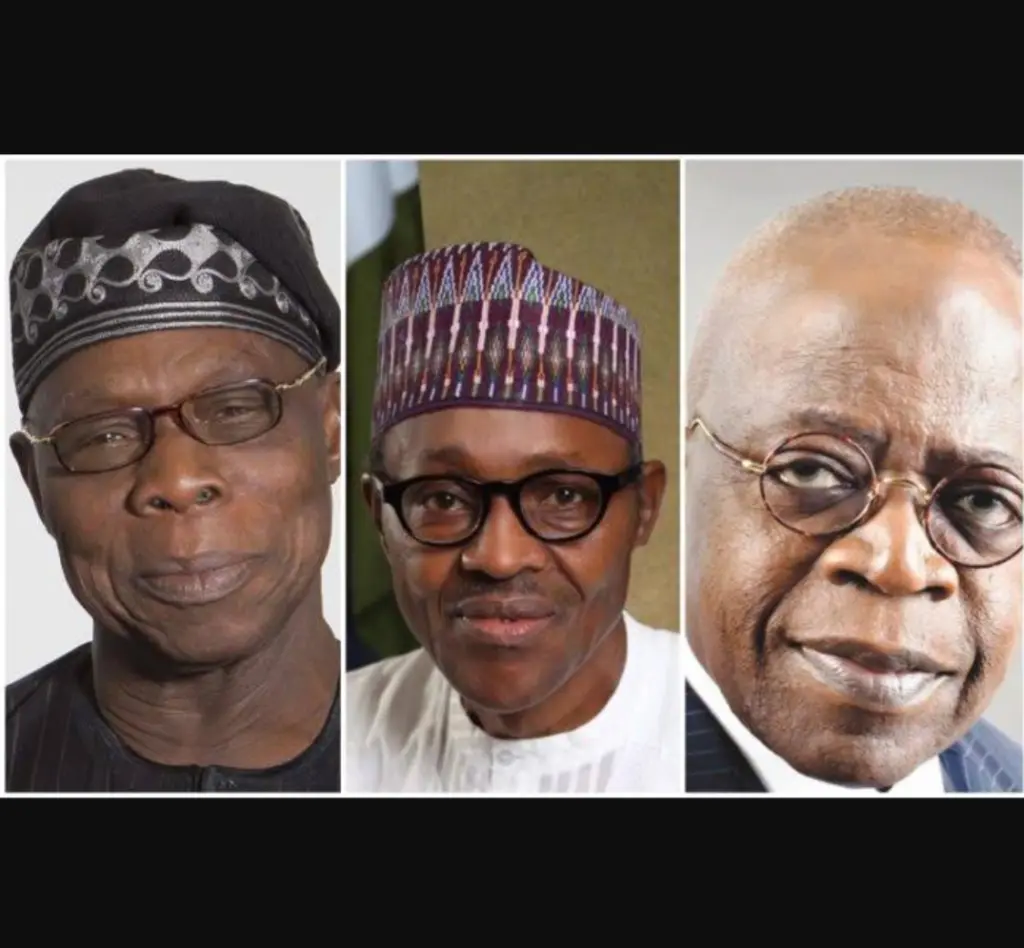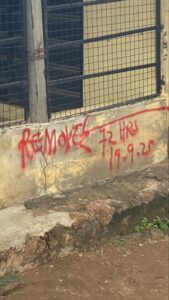
Transparency International Nigeria has held President Bola Tinubu and his predecessors—Muhammadu Buhari and Olusegun Obasanjo—responsible for longstanding financial irregularities and unremitted funds within the Nigerian National Petroleum Company Limited (NNPCL).
In an exclusive interview with DAILY POST on Monday, TI Nigeria’s Country Director, Auwal Rafsanjani, linked the current crisis to a pattern of mismanagement spanning several administrations. His comments follow the recent World Bank Nigeria Development Update report, which revealed that NNPCL failed to remit N500 billion in crude oil revenues to the Federation Account between October and December 2024.
According to the report, NNPCL generated N1.1 trillion in revenue from crude sales and other sources in 2024 but remitted only N600 billion, leaving a shortfall of N500 billion. The revelation has reignited concerns over systemic corruption and opacity at the state-owned oil giant.
The International Monetary Fund has also flagged the NNPCL for a lack of transparency in transferring fuel subsidy savings. On Sunday, the Socio-Economic Rights and Accountability Project (SERAP) demanded a full investigation into the unremitted funds.
Despite being directly overseen by the president, who also serves as Minister of Petroleum, the NNPCL has continued to operate without accountability. Of the five Nigerian presidents since 1999, three—Obasanjo, Buhari, and Tinubu—have held the petroleum portfolio concurrently with the presidency.
Rafsanjani criticised this trend, calling for a thorough, independent audit of NNPCL’s finances dating back to 1999. He emphasised that responsibility for the financial misconduct lies not only with past NNPCL leadership, such as former Group CEO Mele Kyari, but also with the National Assembly for failing to enforce adequate oversight.
“All of this happened under presidents who doubled as petroleum ministers. That is why we have always opposed this self-appointment,” Rafsanjani said. “The rot goes beyond Kyari. Only a full-scale audit will reveal how much has truly been lost.”
He added that corruption, not the fuel subsidy system, is the core issue, urging that the missing funds be recovered and used for public benefit.
‘Audit Long Overdue’ — Energy Expert
Energy consultant and PIAN convener, Barrister Ameh Madaki, echoed calls for a sweeping audit of NNPCL. He described the company’s operations as long shrouded in secrecy and accused it of dodging scrutiny through public complacency and selective outrage.
Madaki cited the unresolved case of a $3.3 billion loan secured by NNPCL in a bid to stabilise the naira, questioning its actual use after the currency suffered a steep decline. He also recalled that during Buhari’s second term, NNPCL stopped remitting any funds to the Federation Account, citing its transition to a limited liability company.
“Why is the public suddenly alarmed about one month’s shortfall when this has been happening for years?” he asked. “The company has posted losses repeatedly under dubious justifications, yet no one has demanded accountability.”
He urged the new GCEO, Bayo Ojulari, to bring transparency to the organisation and restore public trust in the national oil company.
Fresh Push for Kyari’s Probe
Public pressure for the investigation of Mele Kyari has intensified following the disclosure of the missing N500 billion. On April 2, President Tinubu dismissed Kyari and the NNPC board over concerns about their performance.
Though Kyari had announced the resumption of petroleum production at the Port Harcourt and Warri refineries in late 2024, questions persist about their actual output. This has further fueled demands from civil society groups for a full probe into his tenure.







